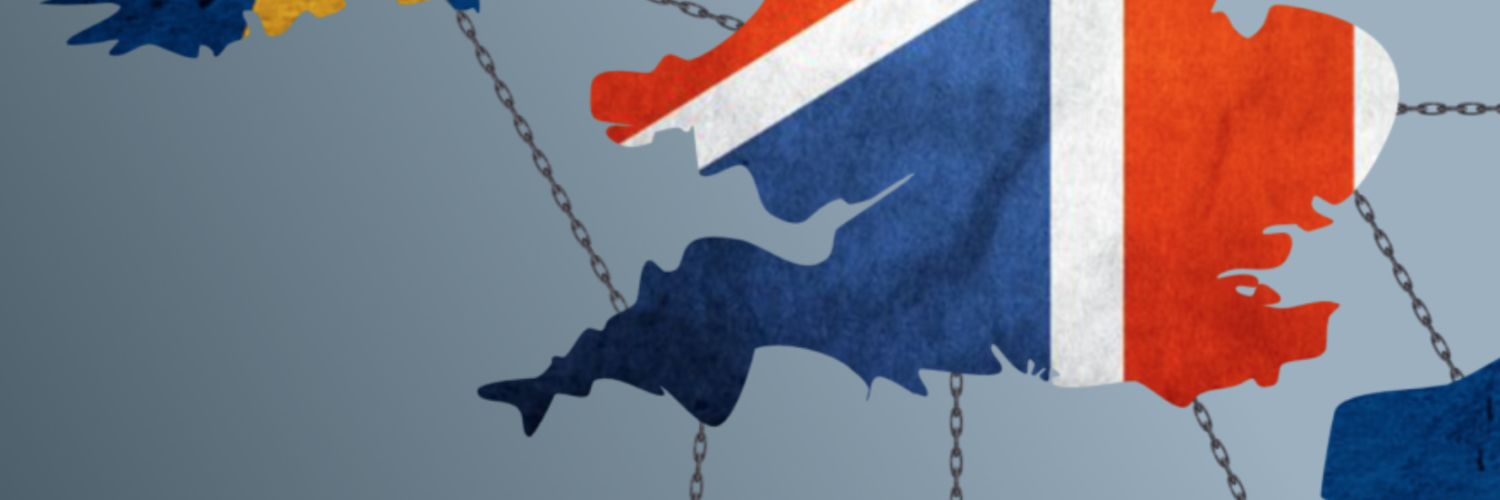
The British election December 12 was as dramatic as America’s in 2016. Some claim the smashing triumph of Boris Johnson’s Conservatives over Jeremy Corbyn and Labour means Donald Trump will be re-elected if U.S. Democrats likewise go hard left. Or not.
Whatever the U.S. ripples, the inevitable “Brexit” from the European Union is epochal for the U.K.
Journalists should be pondering an equally historic possibility. Philip Jenkins, a Baylor University historian of religion whose Christian Century columns about overseas trends are always worth reading, posed the following on Patheos.com days before the Brits balloted.
What if Brexit turns the United Kingdom into an untied kingdom? What if the nation with the world’s fifth largest economy dissolves? What happens to ties between some of the churches that are involved?
In terms of history, not long ago we saw the Soviet Union and Yugoslavia break into assorted nation-states, and before that the Czechs and Slovaks split up.
England dominates the four segments of the nation officially named The United Kingdom of Great Britain and Northern Ireland. Jenkins contends that today’s supposed “British” government sees itself “only in terms of England” and he predicts in coming years “the nation of Great Britain will have ceased to exist.”
A crackup’s first stage would be the departure of Scotland after 312 years. In a 2014 referendum, an impressive 45 percent of Scots voted to quit the U.K. The potential break was further demonstrated in the Britain-wide referendum that backed Brexit when a lopsided 62 percent of Scots voted to remain in the European Union. The pro-independence Scottish National Party surged in last week’s voting. Jenkins claims Scotland’s breakaway is now “just a matter of time.”
Northern Ireland likewise voted to remain in the European Union, by 56 percent. Jenkins predicts this (largely Protestant) U.K. province will unify with the (largely Catholic) Republic of Ireland “within a decade or so” because Johnson’s Irish border scheme under Brexit creates economic hostility between Northern Ireland and England.
The fourth province, Jenkins’ own homeland of Wales, has stronger and longer ties with England and is unlikely to seek independence.
This revised map is already in place with the two dominant faith groups in the British Isles. The venerable Church of England is just that, a church for England only (though its primate is the honorary leader of Anglicanism worldwide and thus of Britain’s other three independent church provinces).
When the Church of Scotland (which is Presbyterian) became that land’s established faith in 1689, the Anglicans formed the small Scottish Episcopal Church, which is separate from the Church of England and notably more liberal, for instance deciding to allow same-sex marriage in 2017. The Church in Wales was made a separate Anglican province in 1920.
Anticipating Jenkins’ predicted political scenario, Anglicanism’s Church of Ireland, as constituted in 1869, spans both Northern Ireland and the Republic of Ireland. The same is true with Catholicism, whose island-wide primate resides within Northern Ireland at Armagh. Scotland already has its own separate conference of Catholic bishops, but the bishops of England and Wales form a united conference.
Jenkins thinks fading awe for the British monarchy is among factors undercutting Britain-wide unity.
More far-fetched — considering church decline in the U.K. — he wonders if future Brits who remain believers might float toward the system in the Middle Ages when, instead of fragile nations, people identified with an “overarching unity and a focus of loyalty transcending mere kingdoms.” Namely, “Christendom.”











